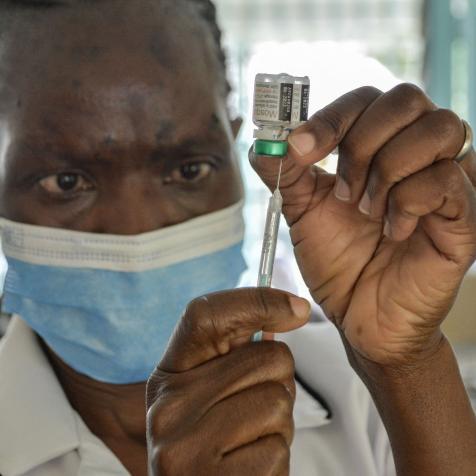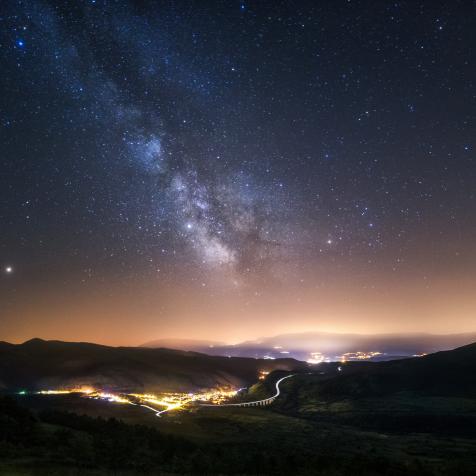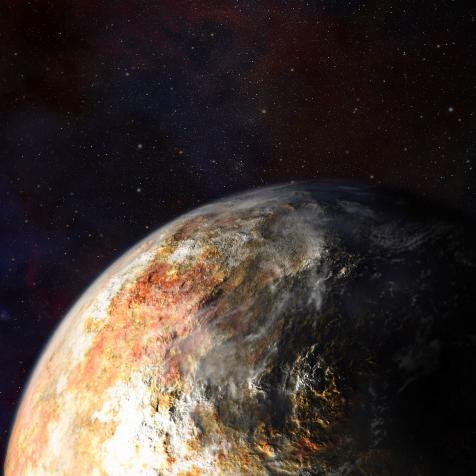
Getty Images/Tara Moore
Leonardo da Vinci and Nikola Tesla Allegedly Followed the Uberman Sleep Cycle
Will six 20-minute naps per day make you more productive?
If you're anything like us, you consider sleep to be a holy, critical, much-anticipated, sacrosanct nightly ritual. If you're Leonardo da Vinci or Nikola Tesla, you consider it wasted time. Blasphemy, we know. Allegedly, the two stuck to a sleep schedule that is so aggressive, you'll get exhausted just thinking about it. Thanks, but no thanks.

Shutterstock
You're Getting Very, Very Sleepy
There's nothing controversial in stating that sleep is important. Sleep deprivation makes you eat more than you need, makes you drive like a drunken fool, kills your ability to learn, and literally eats your brain. While sleep is critical for countless reasons, no one ever said you need to soak it all up in one sitting — er, one laying?
While napping stations are all the rage in trendy millennial workspaces (naps work, people!), mid-day sleeps are not a new concept at all. In fact, it was common for people in the pre-Industrial age to break up their night's sleep into segments: "first sleep" and "second sleep." But, as legend has it, some of history's greatest thinkers took that a step further.
Anyone Got a Red Bull?
Allegedly, Leonardo da Vinci and Nikola Tesla stuck to an almost impossibly strenuous sleep cycle. While the pre-Industrial segmented sleepers had a biphasic routine (hitting the pillow twice in a day), da Vinci and Tesla practiced the most intense example of polyphasic sleeping (bedtime more than three times in a day). Their routine of choice, reportedly? The Uberman cycle.
This cycle consists of taking six 20-minute naps, evenly distributed, throughout your day. Continue indefinitely. According to the Polyphasic Society, you can adjust the system in a non-equidistant way to fit your needs. For da Vinci's possible adoption of this practice, Claudio Stampi writes in his 1992 book, "Why We Nap": "One of his secrets, or so it has been claimed, was a unique sleep formula: he would sleep 15 minutes out of every four hours, for a daily total of only 1.5 hours of sleep. Therefore, it appears he was able to gain an extra six productive hours a day. By following this unique regimen, he 'gained' an additional 20 years of productivity during his 67 years of life."
Tesla allegedly never slept for more than two hours in any given 24-hour period, if you can even believe that. But, please, don't try to mimic it. This may have been the ticket that drove him to a mental breakdown at age 25. "Professors at the university warned Tesla's father that the young scholar's working and sleeping habits were killing him," reports Smithsonian magazine.
The reason why people would submit themselves to odd sleeping hours and shortened napping shifts is obvious: More time means — ideally — more productivity. A 1989 study published in Work & Stress found that polyphasic sleep strategies improve prolonged sustained performance. So, not only do you have more time to do what you have to do, but you'll maybe even get better results when you do it. Just do us a favor, and don't go to Tesla-like extremes with it.
This article first appeared on Curiosity.com.


















